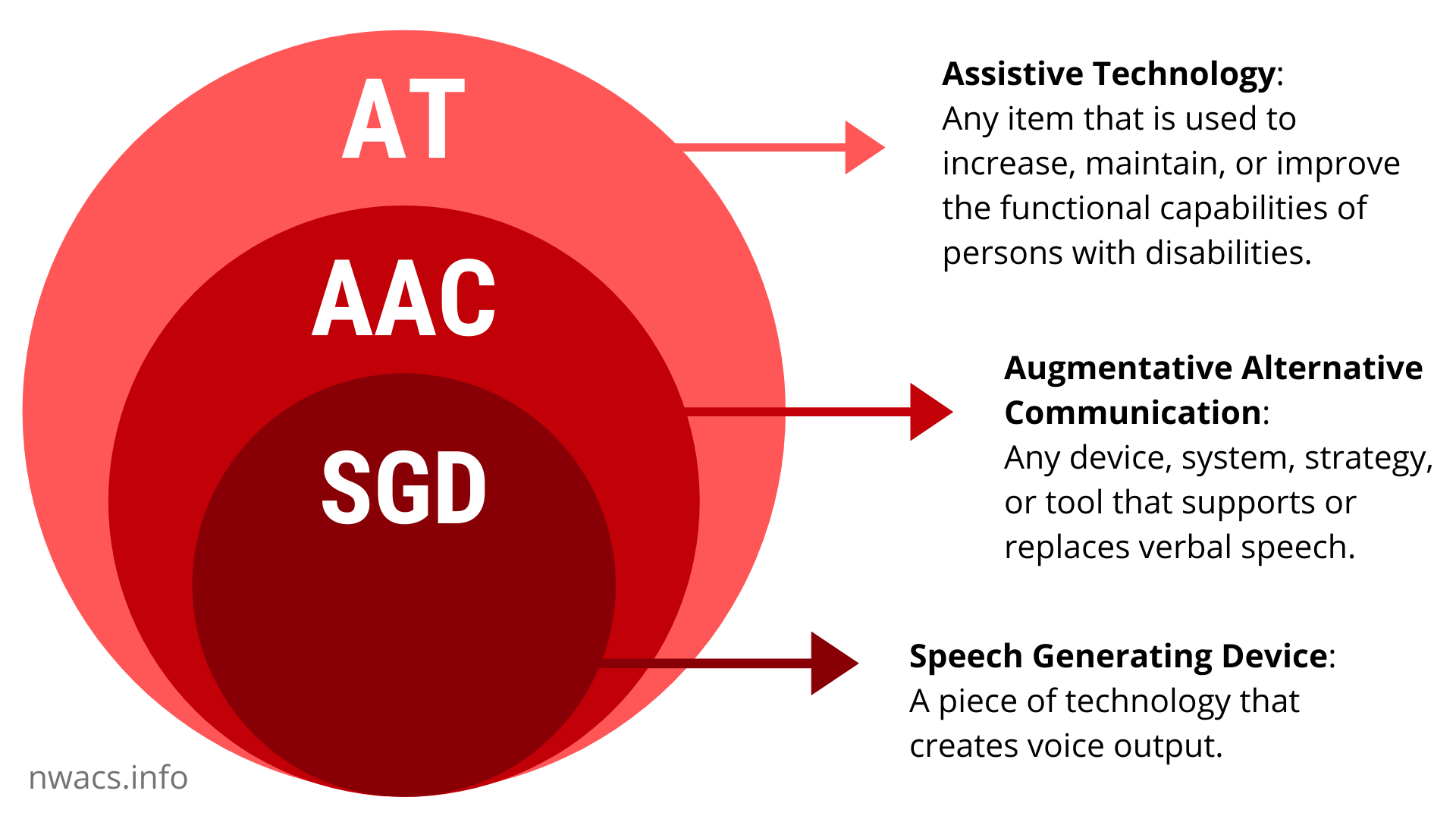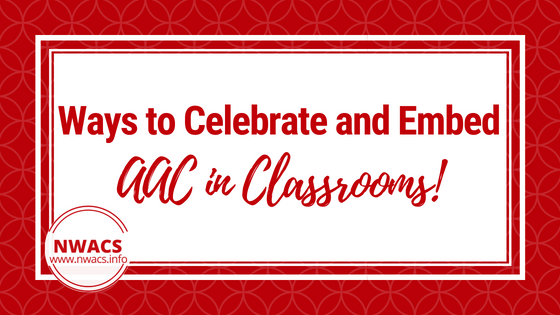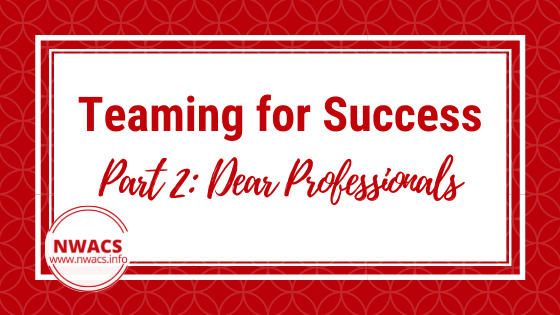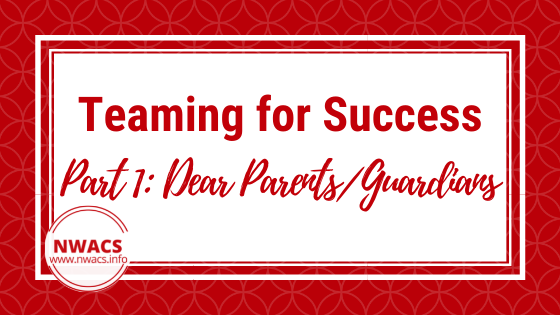AAC in School-age
Related Blog Posts
The Communication Bill of Rights was our theme for 2022. The Communication Bill of Rights ensures the basic rights of people with disabilities to use communication to take part in managing their own lives. Check out these posts to explore each of the rights.

















































